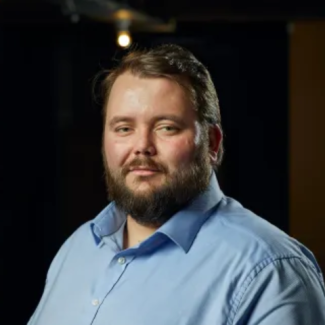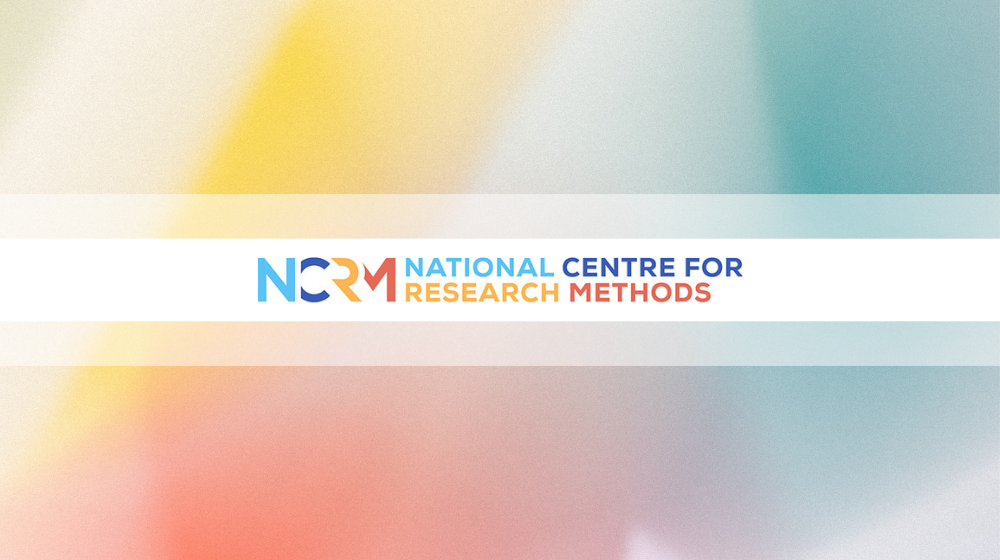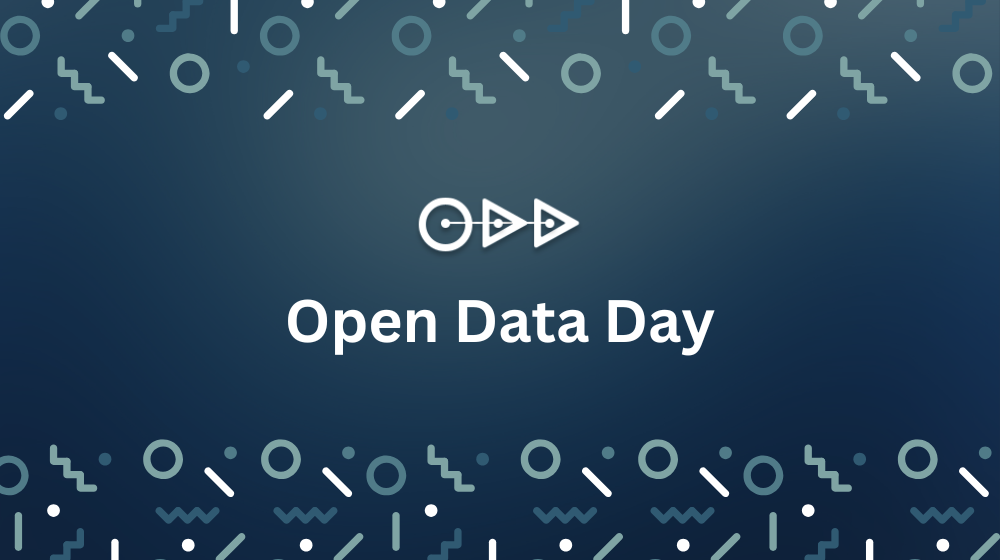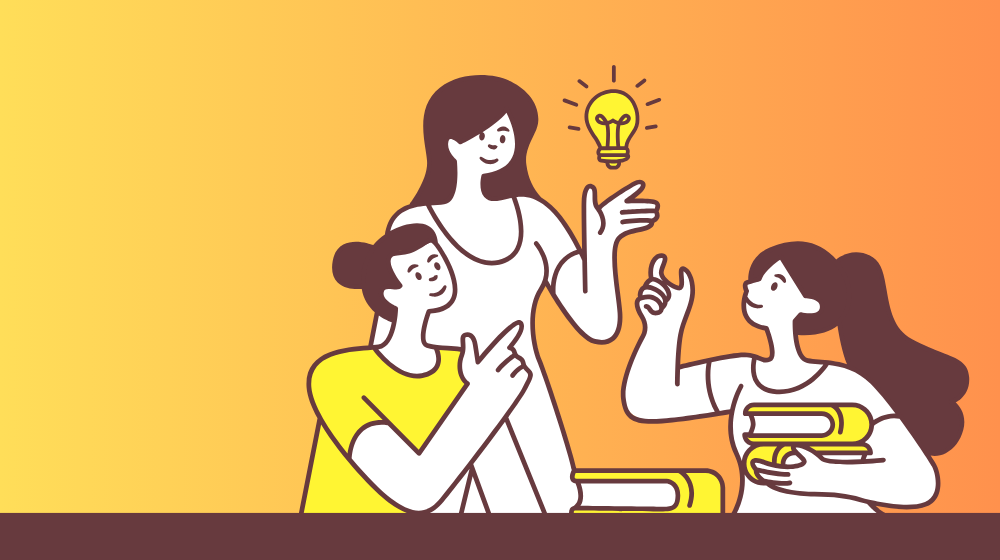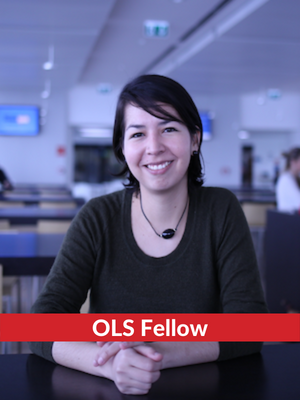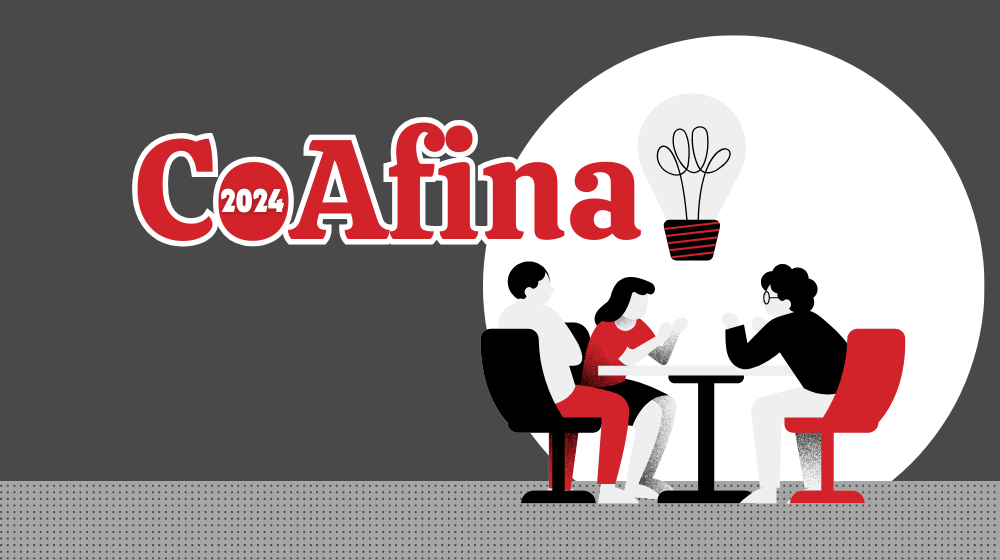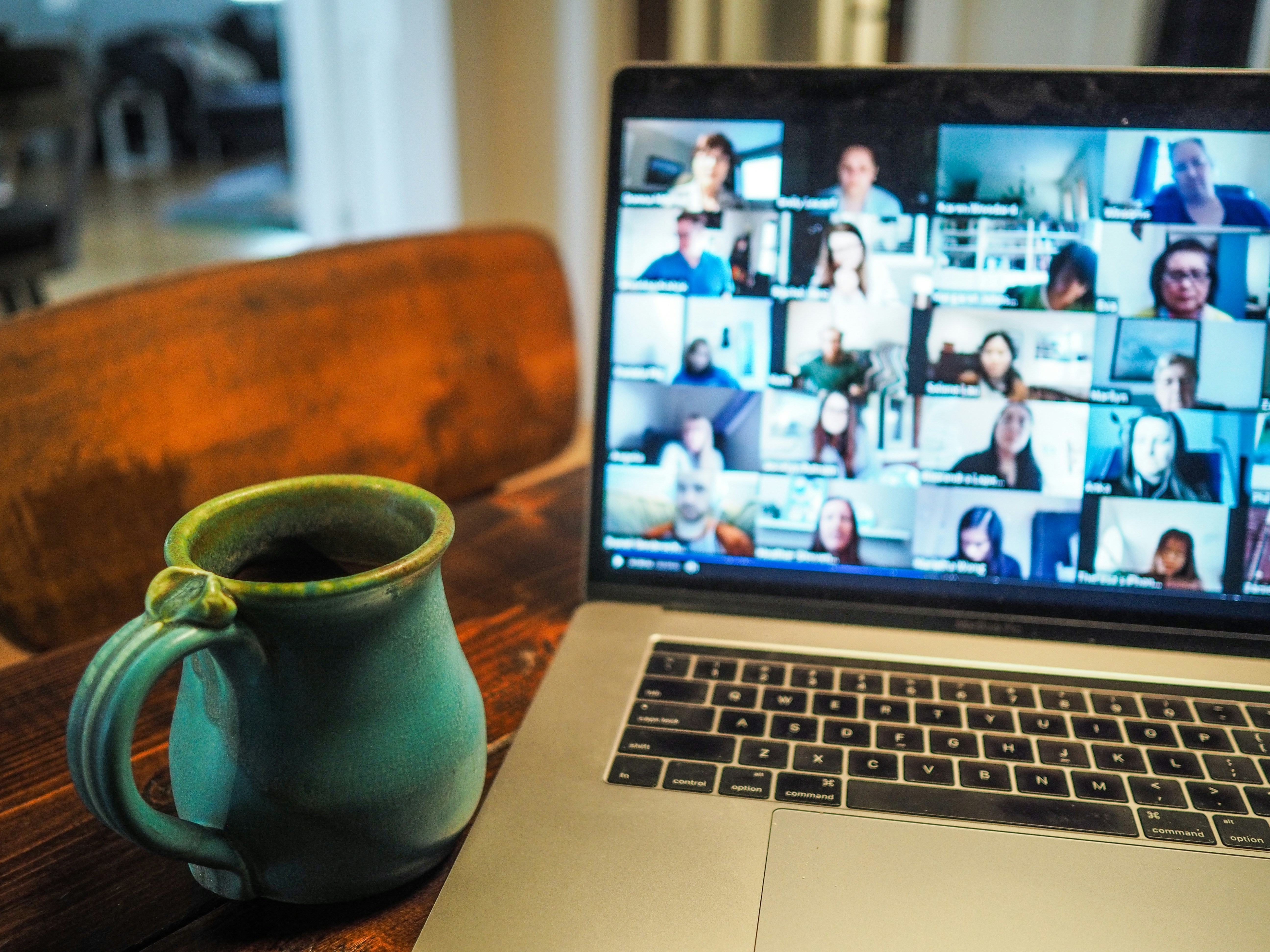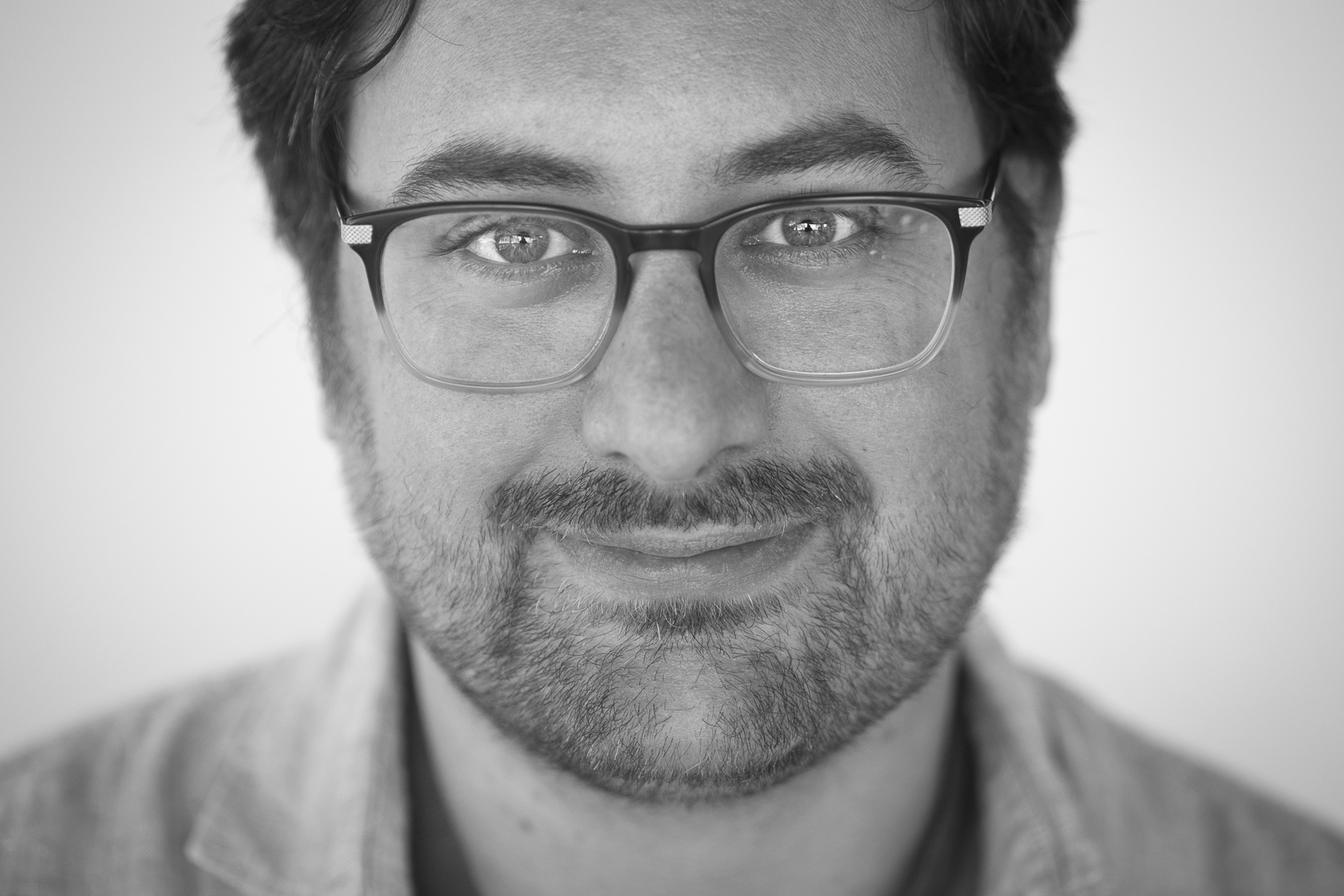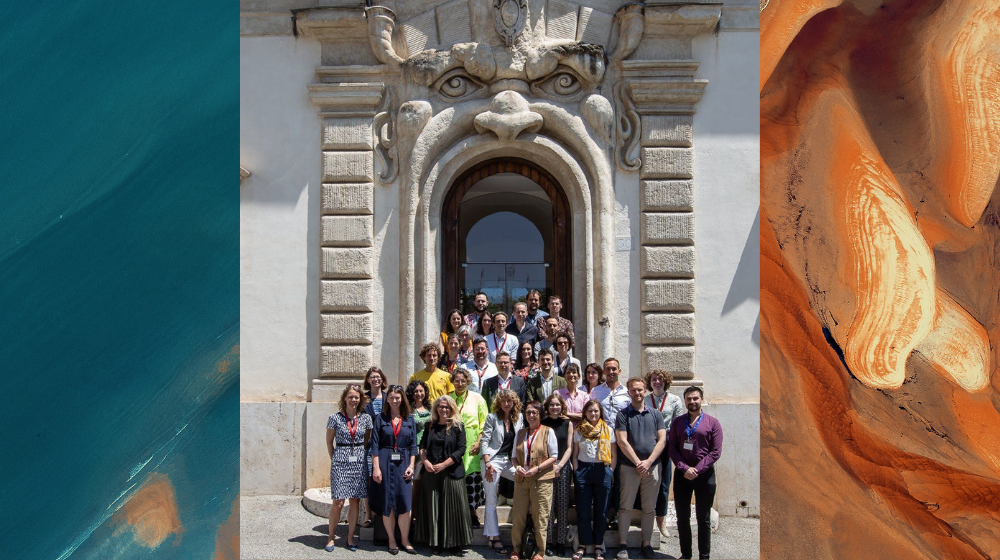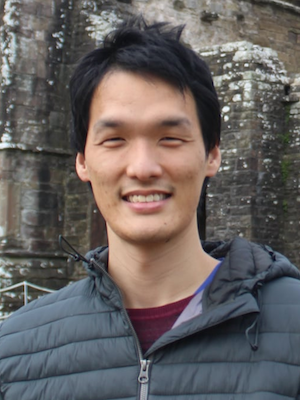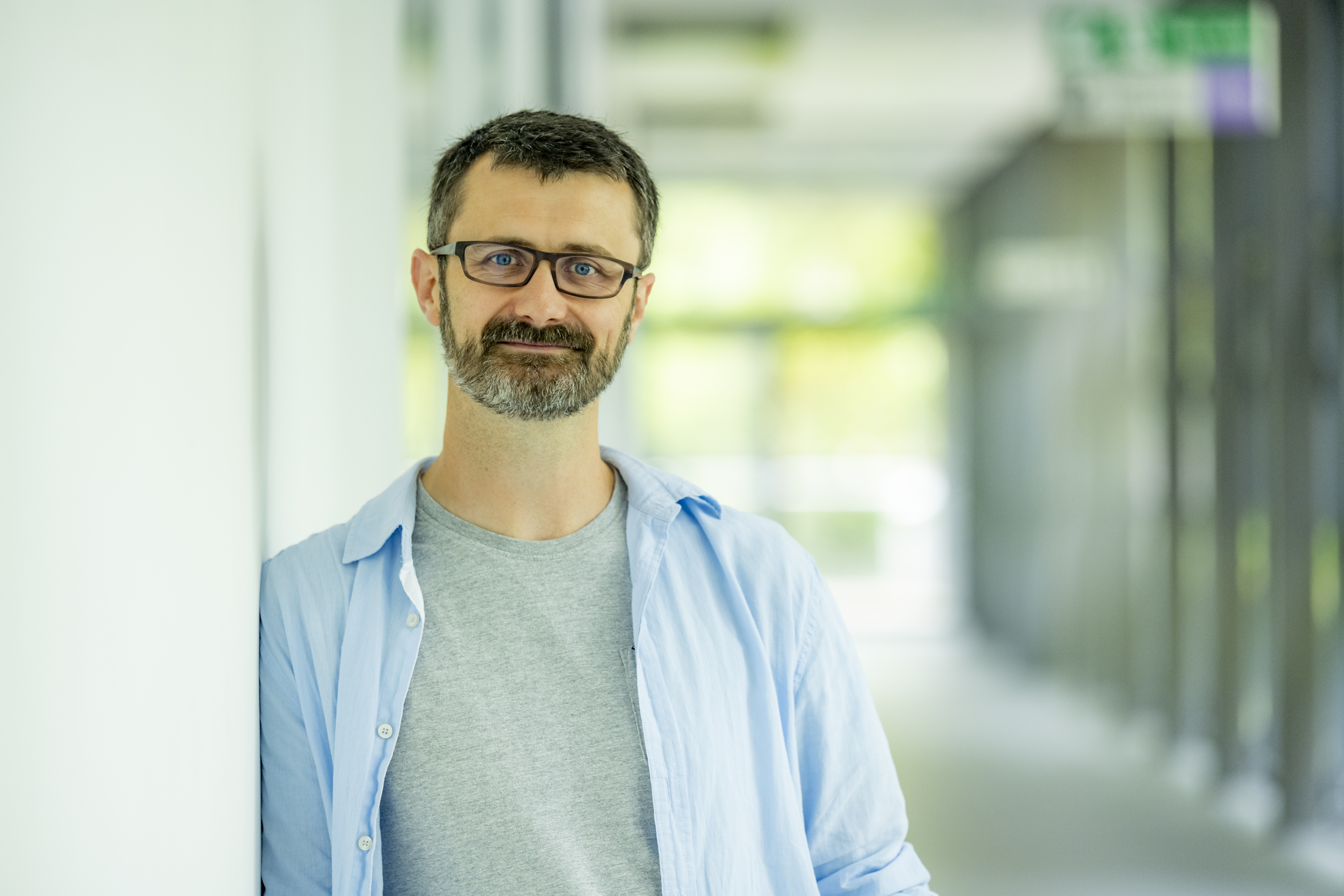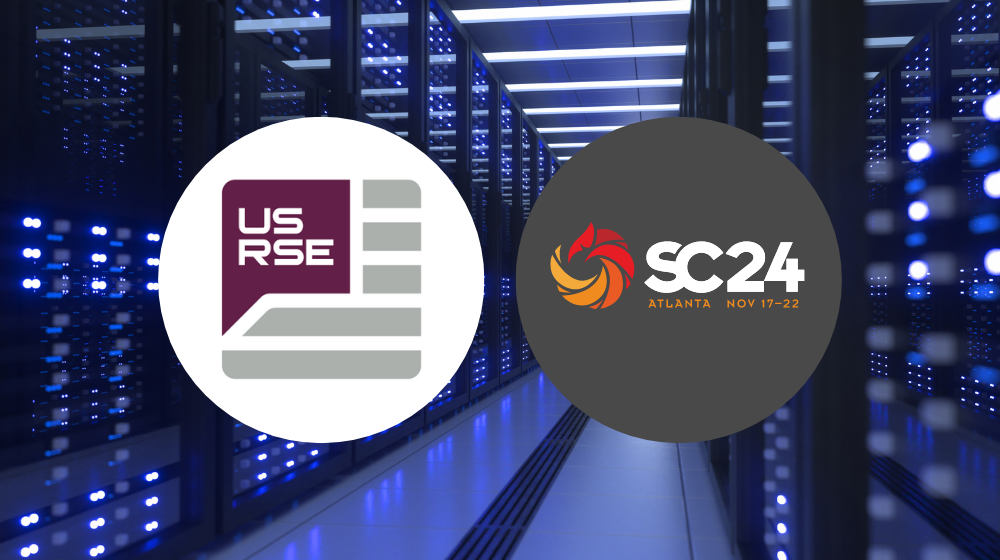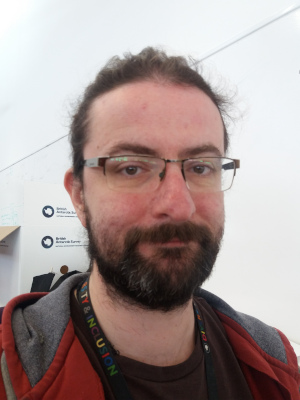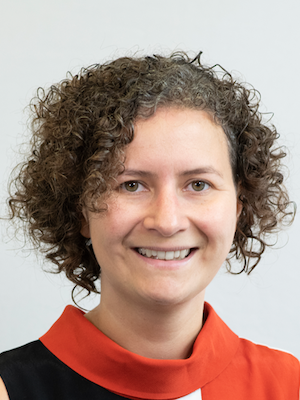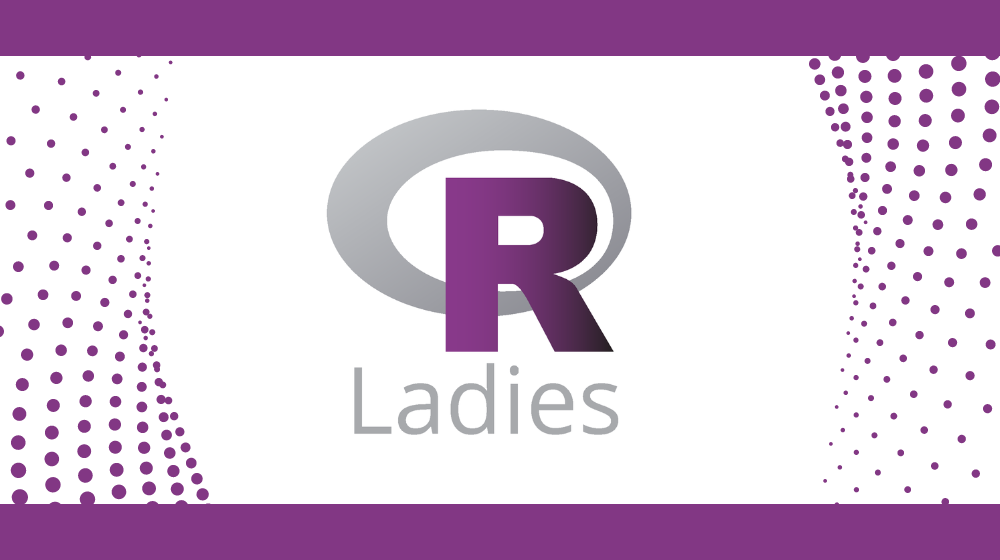I was lucky to become an SSI fellow in 2022, (you can read a much longer article all about the journey that led through to this event here). I was definitely ambitious when I applied in speculating that during my fellowship (directly quoted from my fellowship screencast) I could:
- “[act] as the public BAS champion of software in Polar Science”
- “[publicise] BAS open source efforts and ongoing/future research”
- “[contribute and adopt,] within BAS[,] tools from other areas”
Apparently, I was not a fan of commas at the time. I can take some heart in having achieved these objectives, to a greater or lesser extent, which will perhaps be the topic of another blog post. I won’t go into the activities I proposed, but there was one very clear goal, which I regretted ever suggesting, because it totally wasn’t my thing, to...
...”[use] the fellowship funding I propose to run a public, hybrid webinar for RSE/AI communities with talks covering (i) the use of data driven software…; (ii) the increasing adoption and importance of software in computational modelling and data analysis within polar science; (iii) talks/discussions/Q&A sessions on software oriented projects [within BAS]; and (iv) Discuss sustainable software in a polar operational context, especially when considering contribution to broader sustainability goals.”
What the hell was I thinking!?
Anyway, this all gets even funnier when you appreciate that in 2022, purely through chance and the side-stepping of various others, I ended up collaborating with some amazing folks at the Cambridge Centre for Data-Driven Discovery (C2D3) to deliver Open Science and Sustainable Software for Data-driven Discovery. Perfect, I could use this as a satisfactory achievement of my fellowship objective. Phew, the deal is done.
Except… I didn’t plan to acknowledge this immediately and I am often forgetful. When I don’t like the experience of having done something, I’ll shut it out of my mind. The event went well, especially considering it was in the worst heatwave the UK had ever seen at the time, (cue the novelty of storing ice lollies in a minus-eighty degree freezer used for ice cores). But… I didn’t use the fellowship funds or write a blog about it afterwards and come 2023 I started planning a new training and conference-style hybrid event that accurately met the goal I’d set myself for the SSI Fellowship. I was unwound by my own lack of ingenuity and duplicity.
For some reason when I write these blog posts, I feel they probably have more value if you can take something away from them to use in your own experiences. Organising this event, I learned two key things: always be prepared to reschedule if you don’t feel it’s going to work, and it can take ten minutes to create a viable plan and then others can happily help you through delegation.
The first instance of this event, Software in Polar Science 2023, was meant to be in October. But things got very busy with the hiring of new staff for a newly established RSE team. My personal life was also unyielding to overwork (which is never a bad thing) and I was too cognitively overloaded to have any chance of “having a vision” (which, as a further piece of advice, you should always have for anything you need to plan). It is never a problem, especially relatively early on, to throw your hands up and say, “we need to move this”. I found my wonderful collaborators not only actively supportive, but happier with this change, which goes to show it’s never as dramatic as it seems.

In the end, we delivered the event in February 2024. The website was an important first point of call: having a singular point of reference means you can share your vision with others, it’s not just for the attendees but those involved in the organisation. We split the event into a training day and a “networking and showcasing” day. This allowed us to ensure that people could come and get something out of it that was concrete and allowed us to use the fellowship funds concretely to offer something for nothing to those who might not otherwise attend. This turned out to be a problem, as some people treat that trivially and don’t turn up, so there does need to be a safeguard to ensure places go to those who are willing to actually attend the event, but that’s another lesson learned.
I didn’t deliver the event, we did. The benefit of painting the vision for it via a simple website was that lots of enthusiastic people (probably more so than me in all honesty) got on board and made it all happen. What’s most interesting about this is that I just had to let the delegation of tasks happen, offering some guidance now and then (again, vision). Others benefited from undertaking certain tasks more than I would have because it connected people and exposed them to new things that brought them benefit. Delegation isn’t (just) about “slopey-shouldering” effort to others, but about empowering others to acquire the experiences you yourself take for granted.
As the overall navigator on this "vision quest" I could still get the experiences I wanted. One of these was to organise two Carpentries sessions: the first an incubated session on data science oriented python as a test (of both our ability to deliver them, the notion of doing them hybrid and my experience as a certified instructor) and the second on basic introduction to python skills on the first day of the event. Both were delivered and are now helping us structure a collaborative and community-led training and development programme within BAS.
The second day was much more about giving software exposure from within BAS, as well as giving those producing exposure to the sustainability causes and resources I’ve been exposed from the community: the all-important bidirectional knowledge share. Shoaib Sufi, the SSI community lead, totally bolstered and amplified the ethos of the event with the keynote on the role of sustainable software in research. The panel discussion brought Shoaib together with others who help to guide me on my journey around the research domain as a software engineer. Despite my ending up compering (a better candidate was scheduled, trust me) and the panel being a person down (a wonderful SSI fellow, Sadie Bartholemew, whose opinion I really wanted included was unable to attend), we hopefully promoted some interesting discussion around “polar science communities seek[ing] to engage with the fast changing, multidisciplinary sustainable software landscape”. Thanks to Shoaib, the panel members Scott Hosking and Alden Conner, and the BAS innovation director Beatrix Schlarb-Ridley for setting the scene with the opening remarks.
The most positive outcome undoubtedly goes to the showcasing of software in polar science. We had showcases from our polar oceans, space weather and artificial intelligence research teams, but also operational science showcases from the polar data centre, mapping and geographic information centre, antarctic marine engineering and our local collaborators Cambridge University’ Institute of Computing for Climate Science. The showcases really seemed to bolster conversation, create a sense of shared community and highlight why someone should run events like this.
I hope it’s not the last of these events, but events management is definitely not my bag. However, being bold (and stupid (and stubborn)) does sometimes pay off, hopefully this is the start of a broader set of showcases that can be linked up with broader communities, we only scratched the surface.
And I do mean we, the showcases were organised by Bryn Ubald, one of the new RSEs I’ve been lucky enough to add to our new Digital Innovation Team at BAS and Polina Sevastyanova from our innovation and impact team (yes, the two teams are massively intertwined, that’s a work in progress since we found a place for RSEs to sit). Both they and especially Lisa and Ellen at C2D3 for the administrative burdens and advice they provided and Pilvi and the BAS IT department for the conference centre setup and system, were instrumental in this coming off.
Why am I telling you all this? Because it shows how many people should be involved in something like this to make it work well. Don’t be afraid to let go and let things organise, who knows what you and others might learn from the experience!
(I definitely learned I’m not doing this again in a hurry… probably.)

